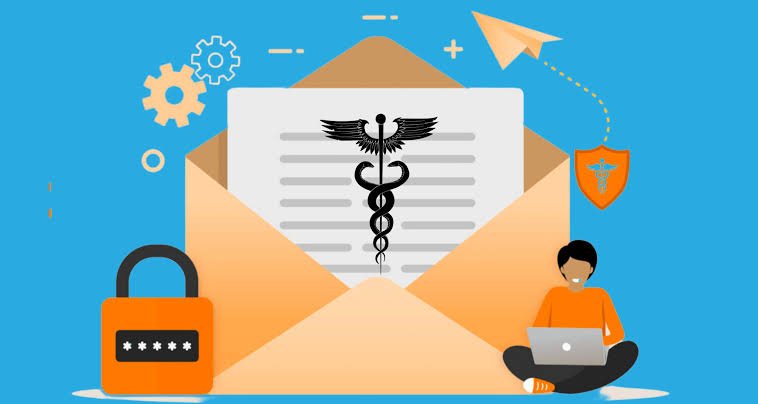Healthcare providers handle sensitive patient information daily. Secure communication is a key factor, mainly when dealing with email exchanges. Healthcare professionals frequently rely on email to share documents, discuss cases, and schedule appointments. Using a HIPAA compliant email service is one way to align with required data protection standards while maintaining efficiency. These platforms offer several unique features tailored to protect patient privacy and meet regulatory requirements.
What Makes an Email Service HIPAA Compliant?
HIPAA compliant email providers meet specific standards outlined in the Health Insurance Portability and Accountability Act (HIPAA). These features are designed to protect sensitive patient information and reduce the risk of data breaches. Service providers offering these solutions must adhere to strict security measures to meet federal guidelines.
Key features include:
- Encryption: Converts email content into unreadable formats during transmission and storage, preventing unauthorized access.
- Two-Factor Authentication (2FA): Requires users to provide an additional layer of identification, like a code sent to their phone.
- Audit Logs: Tracks and records email activity, providing a detailed log of access and modifications.
- Business Associate Agreement (BAA): The provider signs a legally binding agreement to comply with HIPAA standards.
- Access Controls: Limits user permissions, restricting email access to authorized personnel only.
These features work together to create a secure email environment that aligns with HIPAA’s privacy and security rules. Protecting patient health information (PHI) is a shared responsibility, requiring the provider and the covered entity to use compliant practices.
How Do HIPAA Compliant Email Services Protect Patient Data?
Data breaches in healthcare can have serious repercussions. HIPAA compliant email service aims to mitigate these risks with multiple levels of protection. These safeguards address both the technical and administrative aspects of secure communication, creating robust defenses against unauthorized access or accidental disclosures.
Encryption plays a key role by encoding messages so they cannot be read during transmission. Encryption verifies email content remains confidential at both the server and recipient levels. This is particularly helpful for transmitting sensitive documents like test results or patient records.
Two-factor authentication adds another layer of security. By requiring both a password and a secondary verification method, such as a code sent to a mobile device, it reduces the likelihood of unauthorized access. This prevents incidents caused by compromised login credentials alone. Audit logs further strengthen protection by creating a record of all email activities for monitoring and compliance purposes.
Why Should Healthcare Providers Use HIPAA Compliant Email Platforms?
Healthcare providers operate in a highly regulated industry with strict privacy requirements. Noncompliance with HIPAA can result in penalties, liability issues, or loss of trust between providers and their patients. Platforms designed for compliance reduce risk by providing secure communication tools tailored for the healthcare sector’s needs.
HIPAA compliant platforms are particularly beneficial for managing patient communications effectively. These services safeguard sensitive information while allowing professionals to stay connected with patients and colleagues. Providers can confidently use email to share treatment plans, coordinate referrals, or answer patient questions without compromising security.
Providers using compliant platforms demonstrate their commitment to safeguarding patient privacy. This not only meets legal requirements but also strengthens patient relationships by building confidence in the security of their personal information. Platforms with BAAs offer added reassurance, as they confirm the service provider acknowledges responsibility for maintaining compliance.
Get Started Today
Healthcare professionals and organizations must prioritize safe communication tools to protect sensitive patient data. Choosing a HIPAA compliant email service is a proactive step toward meeting privacy requirements and maintaining secure connections with patients and peers. Start exploring platforms that align with your organization’s needs. Protect patient data and streamline your operations with a trusted HIPAA compliant email provider. Explore your options and take control of your organization’s email security today.

